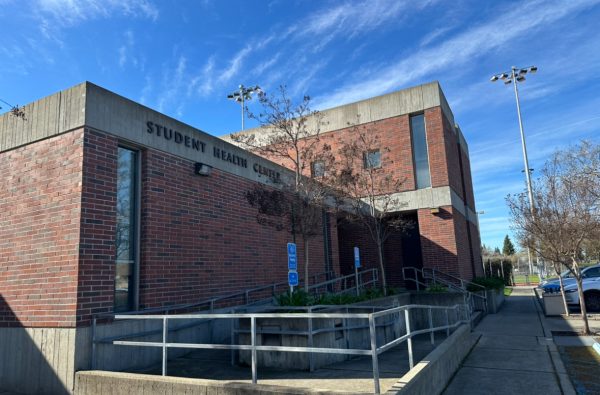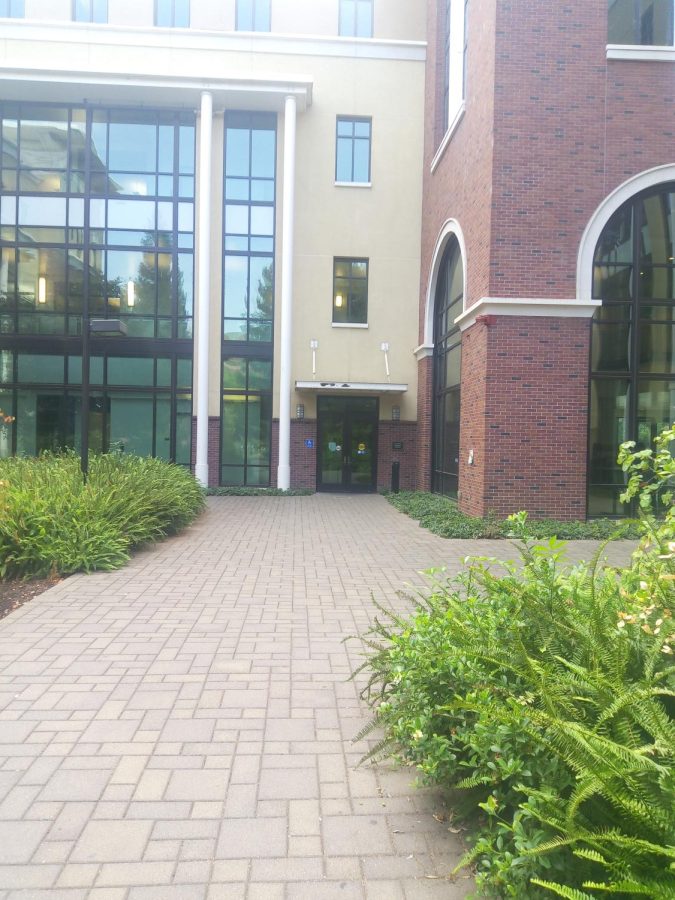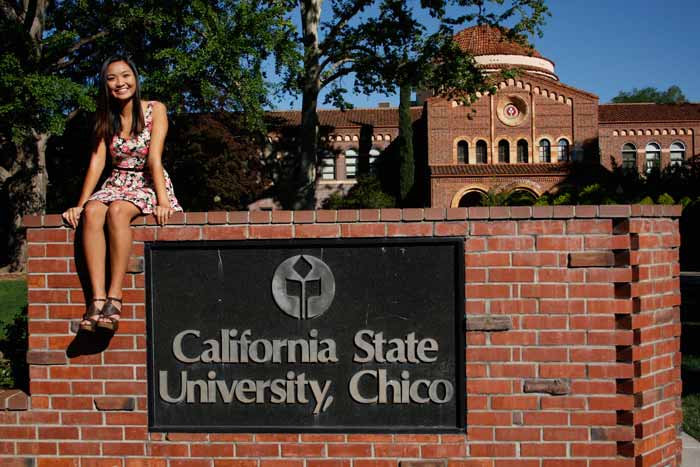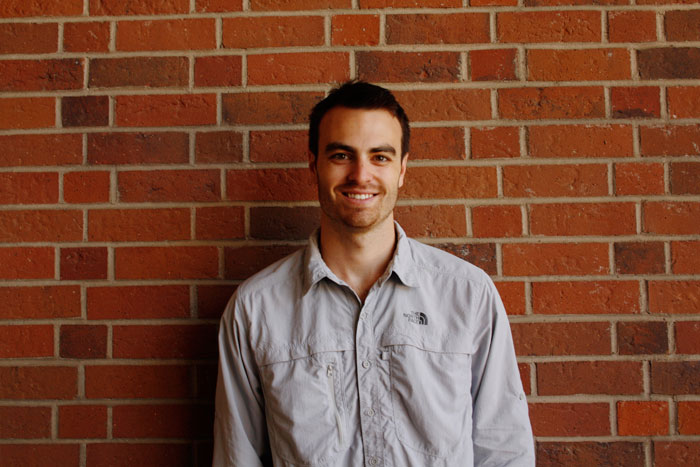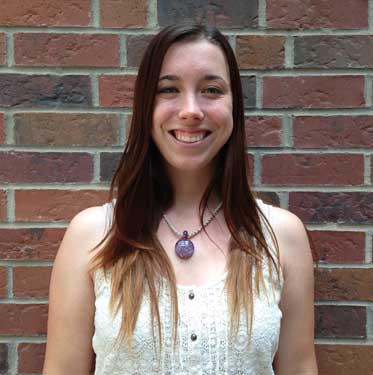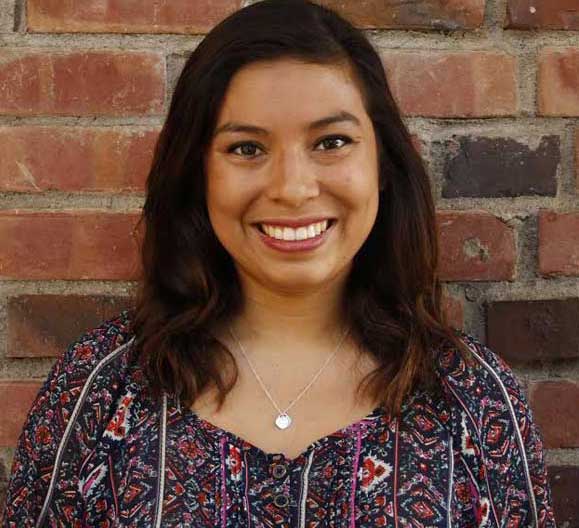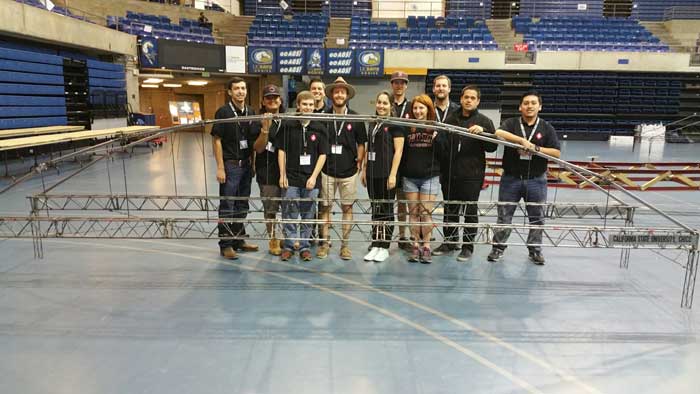Published 2012-02-07T22:27:00Z”/>
Dan Reidel
The upcoming general education pathway program, which will replace themes in fall 2012, have some department heads wondering if students will come their way.
Amid this uncertainty, Chico State is going forward with the implementation of the pathways, a program that will improve critical thinking and math skills, according to the curriculum advisory board.
The board wants to go after these skills, said Mitchell Johns, a professor of agriculture and advisory board member. Higher education is being nationally criticized because students are graduating without being able to think effectively.
The difference between pathways and themes is that themes are strictly upper-division courses, while pathways have the same upper-division courses along with general education courses, Johns said.
Choosing a pathway with courses that are fixed primarily in one college could mean that smaller general education-intensive colleges, like the College of Humanities and Fine Arts, would suffer as students could elect to avoid courses in departments like philosophy and history.
It is hard to know in advance which pathways are going to be popular, said Edward Pluth, the chair of the philosophy department.
“The pathways are so narrowly construed that a department’s hands are tied when it comes to assigning faculty members to those courses,” Pluth said.
History department chair Laird Easton wants to ensure that the commitment to pathways does not interfere with the commitment to majors, he said. A balance must be made when scheduling pathway courses and major classes.
Each pathway integrates lower-division courses with upper-division courses. Students must take 18 units within a pathway, and those 18 units will count toward earning a minor.
Departments need to preserve majors like history as much as possible, Easton said. Courses designed for majors need to be maintained.
The pathways also mean fewer writing-intensive courses. Instead of every general education course having a writing requirement, the pathways have four courses focused on writing, giving professors fewer papers to grade but also potentially increasing class sizes. Transfer students will need only one writing-intensive course to complete their chosen pathway.
Distance-learning students could run into some snags.
These students may require substitutions to complete a pathway, because not all courses are offered online, Johns said.
Additionally, students will have to take one capstone course. These are writing-intensive courses that integrate both written and oral presentations.
“A requirement that I think may have to go is that some of these courses be taught every semester,” Easton said.
The university must anticipate, govern and administer problems that will be encountered during the transitional period and resolve them, Johns said.
It’s important that students have a breadth of knowledge upon graduation, he said. No change in increasing the general education of students would be one of the worst things that could happen.
<hr />
<strong>Dan Reidel can be reached at
</strong><em>[email protected]</em>


